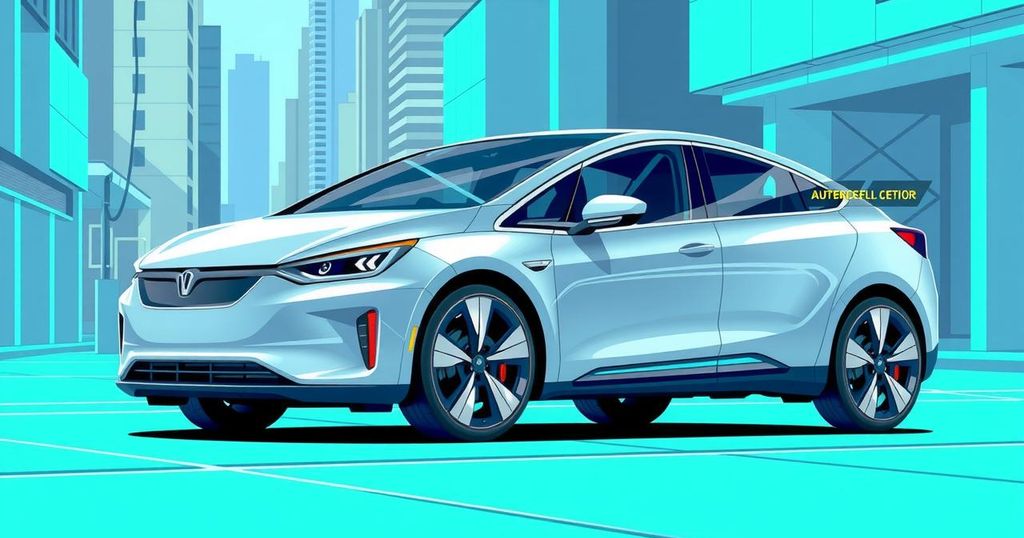BMW India Sees Threefold Growth in Electric Vehicle Sales Amid Industry Skepticism

BMW India experienced a threefold growth in EV sales in early 2024, with 646 units sold, representing 17% of overall sales. Despite industry skepticism about EV adoption, BMW’s success in the premium segment highlights resilience amid broader market challenges. Concerns regarding charging infrastructure and consumer confidence must be addressed to facilitate faster growth in EV adoption in India.
In the first quarter of this year, BMW India reported a remarkable threefold year-on-year increase in electric vehicle (EV) sales, standing at 646 units, which constituted 17% of their total sales of 3,914 vehicles. This growth comes despite prevalent skepticism in the auto industry regarding the rapid adoption of electric vehicles. Overall, BMW experienced a 7% increase in sales from the same period last year.
Vikram Pawah, president and CEO of BMW Group India, acknowledged that disappointment in EV adoption speed stems from unrealistic expectations by many industry players. Tata Motors indicated plans to prolong the usage of internal combustion engine platforms, reflecting the struggles faced by traditional carmakers amidst a downturn in key EV markets such as the US and Europe. Similarly, Aston Martin has postponed the launch of its fully electric vehicle until 2030.
Partho Banerjee from Maruti Suzuki emphasized that electric vehicles in India tend to be secondary options rather than primary family cars. He noted that challenges regarding range, charging infrastructure, and post-sales service need resolution to instill consumer confidence in EVs.
Despite a 20% increase in electric car sales in India, bringing the total to nearly 100,000 units in 2024, the penetration rate remains low at 2.5%. However, BMW India’s Pawah remains optimistic regarding the premium EV segment and recently launched the BMW iX1 Long Wheelbase model, which amassed over 1,500 bookings at a recent auto expo in New Delhi.
Pawah observed significant interest in electric vehicles from both urban centers and the top ten cities in India, with appealing range options for customers in smaller urban areas. Despite a general downturn in the automotive industry, the premium market continues to grow, with BMW selling 15,721 units in 2024, marking an 11% increase from the previous year, along with 1,249 electric vehicles.
The global automotive sector, however, faces economic uncertainties, particularly due to new tariffs on imported automobiles in the US. Analysts have indicated a shift among automotive manufacturers towards core business operations, reducing R&D investments for new technologies in light of these regulatory uncertainties. Expectations of diminished EV subsidies in the US and extended carbon dioxide regulations in the EU have led many manufacturers to refocus on their internal combustion engine product lines, while still anticipating growth in battery electric vehicle penetration.
BMW India has surprisingly thrived in the electric vehicle market with a threefold increase in sales, offsetting industry skepticism about EV adoption. Despite broader market challenges, the company’s strategic launches in the premium segment indicate optimism for continued growth. Addressing consumer concerns about EVs remains crucial to boosting overall adoption in India, particularly as the market continues to evolve amidst global economic uncertainties.
Original Source: www.livemint.com





